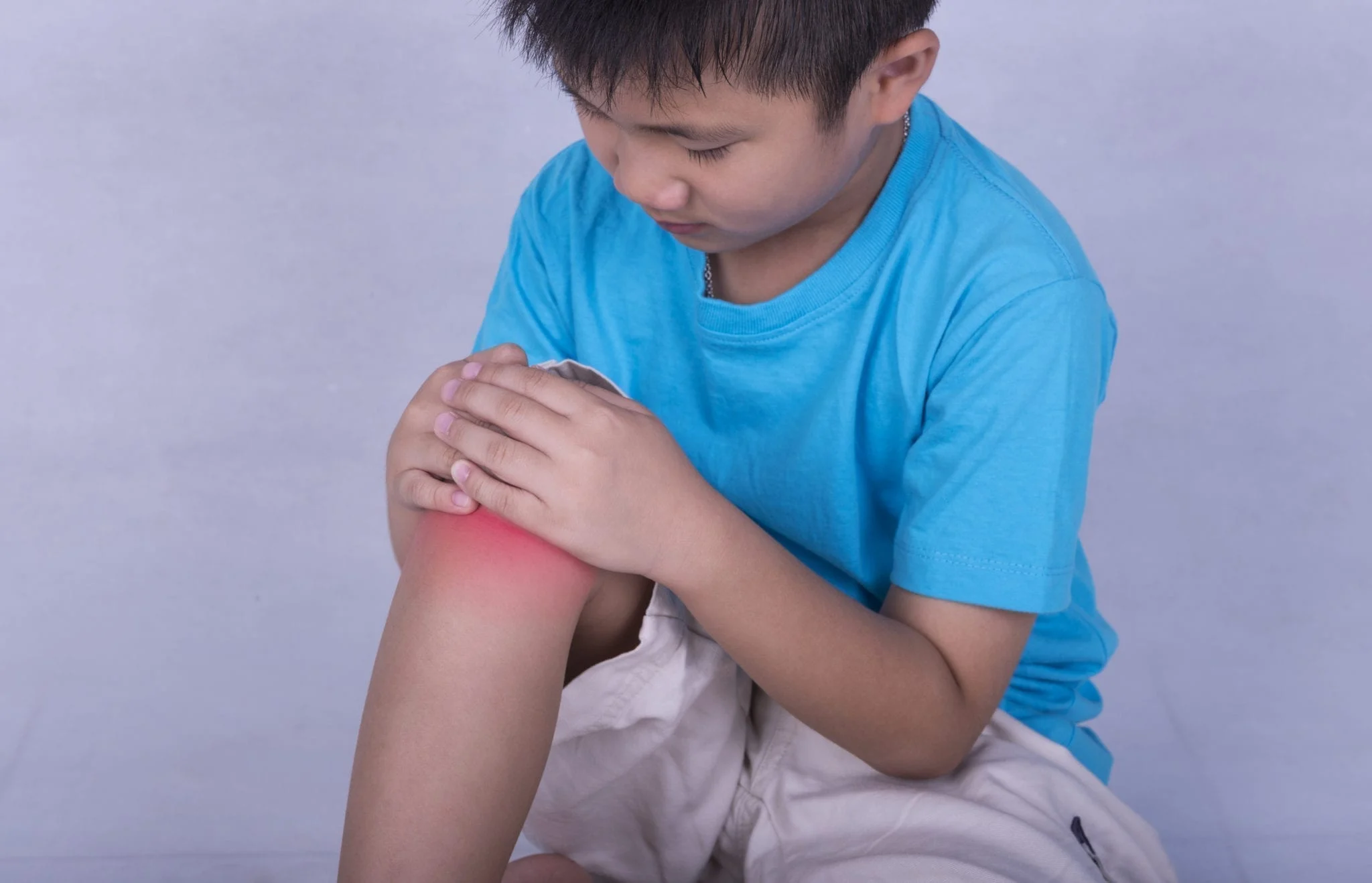Children are more susceptible to accidents and diseases. Therefore, the symptoms of disease or overexertion, such as fever, swelling and sick joints, rashes, and fatigue, can be misplaced. Parents can also assume that swollen or painful joints in children are consequences of injuries related to exercise or pain that grow typical. Do you realize that adolescent idiopathic joints (JIA) may be a cause of these uncomplicated symptoms? The most famous form of arthritis in children is adolescent idiopathic joints. This is also one of the most common chronic diseases that befell children under the age of 16 and affect toddlers.
The study shows that in Indian children, Jia’s prevalence is around 48/100,000! It should be noted that girls tend to experience rheumatoid arthritis at earlier age than boys. It is important to know when to urge to get advice about joint pain. If a child has the following joint pain problems, they must be treated as a “warning sign” and an urgent consultation and appropriate assessment is needed. If the child reports pain and there is swelling of the joints/ warmth in all joints.
Morning stiffness: It is difficult for a child to move in the early morning when he wakes up with joint pain or limping while walking, but it becomes better as the day goes. Fever with joint pain: fever and joint pain can be caused by a viral infection (dengue fever/chikungunya). However, sometimes it may be due to a scary underlying disease (blood cancer). Joint pain with a skin rash: This requires an urgent evaluation. This may be due to a simple virus fever or sometimes because of the underlying disease that affects blood vessels (called ‘vasculitis’ in medical terms).
Loss of weight or poor appetite
Like adults, children can also experience rheumatoid arthritis (arthritis), which can cause joint damage for life. We call it “arthritis of teen joint” in children. These children often have one or more swollen joints and complain of joint pain. Morning hours are the worst for pain and stiffness. If they are not treated on time, they become disabled. Apart from the fact that there is no orthopedic problem, it is important to highlight that parents usually ask orthopedic opinions about things like that. Pediatricians and Rheumatologists Children need to evaluate these children correctly. They also have to do blood tests and require sustainable medical treatment.
Juvenile Idiopathic Arthritis
Adolescent idiopathic arthritis occurs when the immune system attacks cells and its own tissue (autoimmune). This is a mystery why this happens. However, it is believed that offspring and the environment have a part in provoking the immune system. Idiopathic teenage arthritis (JIA) can affect babies who are several months old for every child under the age of 16. If this affects toddlers, they are too young to explain what bother them. Therefore, it is important to recognize these symptoms to get the right diagnosis from the pediatrician.
There are several types of jia. Oligoarticular types usually affect toddlers and are more often seen in girls. Usually, large heavy retaining joints such as ankles and knees are affected. However, sometimes, this type of arthritis can also affect smaller joints such as fingers and toes. Various treatments are available for managing adolescent idiopathic arthritis and minimizing the effects of conditions. The most important goal of this treatment is to relieve pain, swelling, and destruction of joints, and to maintain movement and strength.
To achieve this, pediatric rheumatologists usually recommend a combination of treatment. Effective care for one child may not need to help another. Therefore, children’s rheumatologists and physical therapists work together to plan the best treatment methods.
Few health tips to keep your child’s joints and muscles strong
Vitamins and Minerals Rich Food: Diet must include fruits and fresh vegetables. For those who consume non-vegetarian diet, fish liver oil is a good source of vitamins for bone health. Let your child consume it every day. Drinking lots of water: it’s good to have 1-2 liters of water every day, this helps avoid muscle pain. Furthermore, this helps the right digestion and limit constipation; Thus water is very important for a healthy life.
30 minutes walking/ jogging every day for at least 5 days/ week
Developing healthy habits in a daily routine since childhood will help keep your child fit for years.

